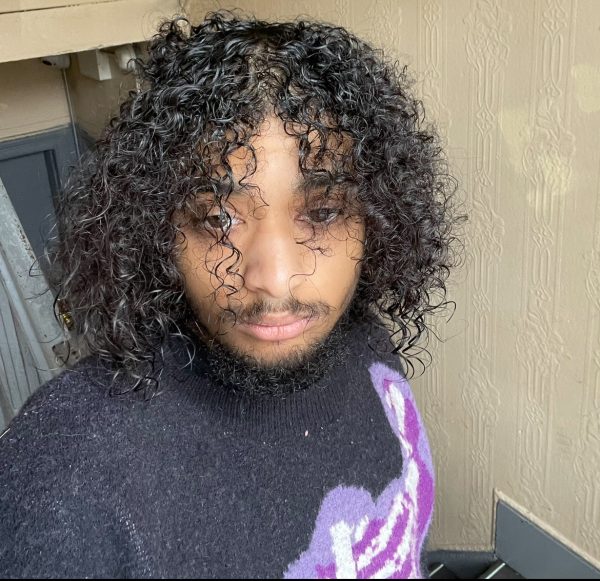There’s a worm in all of our heads, eating away at our brains ever so slowly. It doesn’t announce itself with sharp pains or warning, just a quiet gnawing that becomes part of us. And yet, strangely enough, we don’t resist it. We welcome it, even feed it. It goes by the name Nostalgia, and it’s the reason I can’t stop replaying songs I loved when I was younger, or why I’ll still boot up an old game console even when I’ve got newer ones sitting right there.
There’s something about nostalgia that hooks us in a way nothing else can. It’s like a soft glow that feels inviting and comforting, even when the thing itself isn’t nearly as great as we remember. It’s our brain cooking food without a recipe, familiar but just slightly off every time. It takes you back to a time when life felt a little simpler. Whether it’s rewatching a cartoon you grew up with or dusting off a game that ate up entire summers, nostalgia has a way of grabbing hold and not letting go.
For me, that glow comes from old wrestling video games. I grew up playing them, meticulously memorizing every entrance theme and pixelated move animation. Recently, I’ve found myself missing those bygone days and rebuying old consoles so that I can immerse myself in those games again. They’re clunky compared to today’s hyper-realistic graphics, but the feeling I get sitting down with them is unbeatable.
That’s the real addictive pull of nostalgia. It ties us back to the past, to the people we were when we first experienced those things. It’s why music from our teenage years often hits harder than anything new, no matter how impressive modern artists may be. A song isn’t just a song at that moment; it’s a time machine. For some, a few opening notes can transport them back to a high school cafeteria or a first heartbreak. Artists like Lil Wayne, Green Day, Lil Uzi Vert’s Luv Is Rage, or even Disney Channel soundtracks defined not just a playlist, but are reminiscent of a time period people desperately miss.
The same goes for comfort movies and shows. Almost everyone has a handful of films or series they rewatch on loop, not because they don’t know what else is out there, but because revisiting them feels safe. I know people who will shuffle endlessly through Law and Order, Jersey Shore, or Criminal Minds just to have something familiar in the background. I find myself rewatching old wrestling pay-per-views from the early to mid-2000s when faced with a creeping boredom. I already know the outcomes, but the build-up, the commentary, the feeling of that era – it all rushes back.
For many movies like The Lion King or Harry Potter, hit a sweet spot of comfort and memory that no new blockbuster has been able to replicate. Of course, the entertainment industry is aware of this, with nostalgia becoming a mainstay of the business model. Hollywood in particular recently has leaned on reboots and legacy sequels, hoping to capitalize on the emotional ties audiences have to older material. Sometimes, it works. The Cobra Kai series managed to breathe new life into The Karate Kid universe by respecting its roots while ushering in a new generation of fans.
However, for every success story, there are numerous underwhelming attempts. Netflix has canceled several nostalgia-driven reboots after just one season: Death Note and That ‘90s Show both failed to capture the same spark as their source material. Disney has begun turning its animated classics into live-action remakes, such as The Lion King, and more recently, Lilo & Stitch. However, most of these adaptations feel hollow, lacking the magic that made the originals timeless. These projects remind us that nostalgia alone can draw people in, but it cannot sustain a story without substance.
That’s the irony of nostalgia: it’s addictive because it feels so good in the moment, but when corporations attempt to bottle it up and sell it back to us, it usually falls miserably flat. Nostalgia isn’t just about the product; it’s about the context in which we first experienced it. I loved those wrestling games not because they were massive blockbusters, but because they were part of my childhood, a time when I could play for hours without worrying about classes or bills. That’s not something a remake can replicate.
At its best, nostalgia grounds us to our roots, giving insight into where we came from. At its worst, it’s a rotting festering sickness clasping its grasp on us, making us unable ever fully to move on. But that tension may be part of its power. Nostalgia doesn’t ask us to choose between then and now; it lets us hold onto both, even if imperfectly.
So whether it’s firing up an old console for a few hours of a game I’ve already played a thousand times, blasting a throwback playlist that takes me back to a simpler time, or revisiting a scene I can quote line for line, I know I’ll keep chasing that addictive glow of nostalgia. Because in a world that changes so quickly, sometimes the past is the one place that feels like home.





